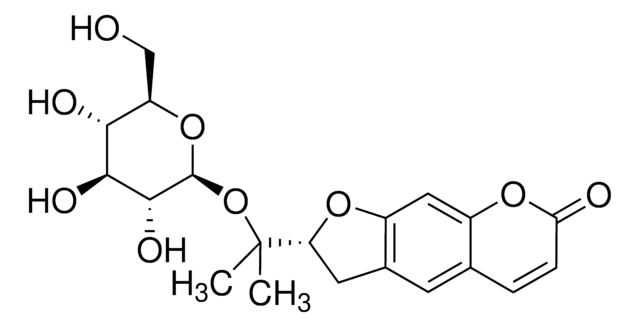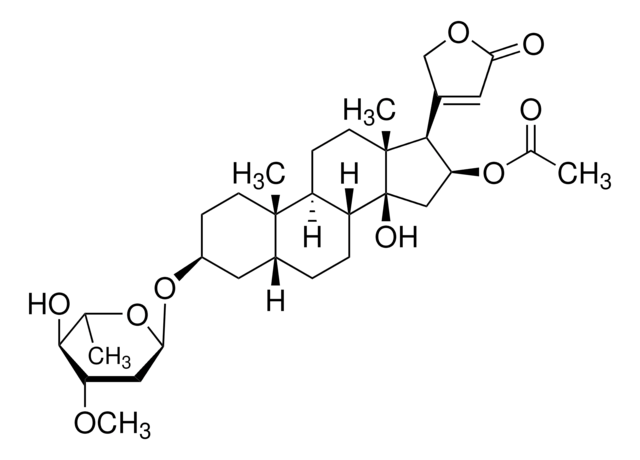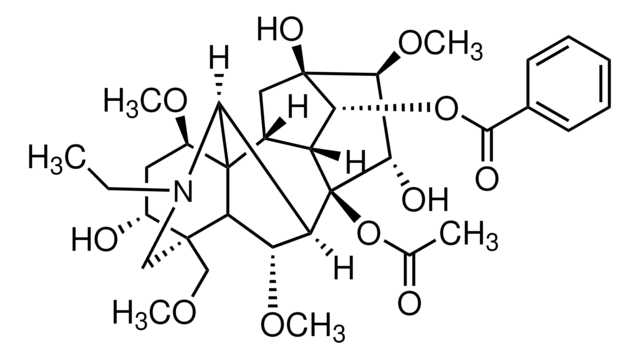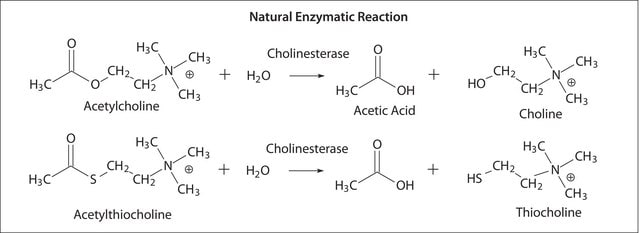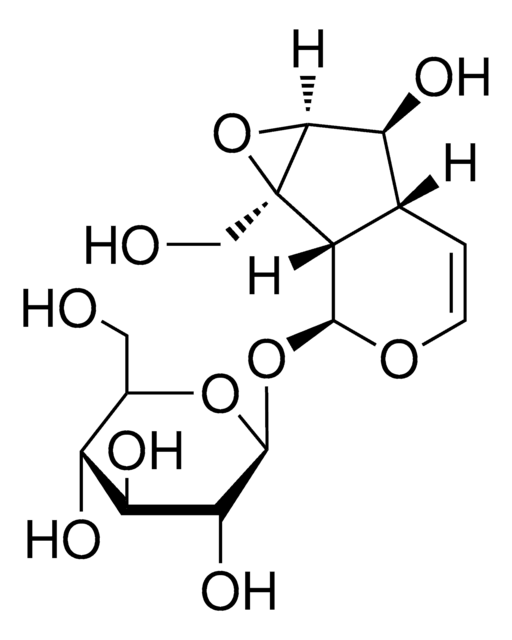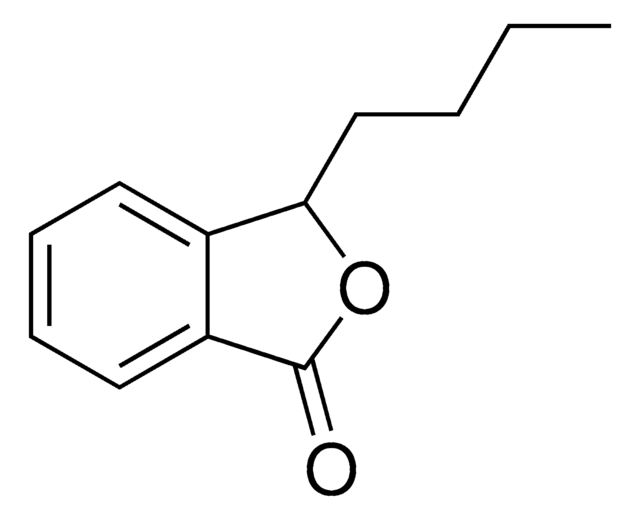SMB00079
Ricinine
≥95% (LC/MS-ELSD)
Synonym(s):
Recinine, Ricidine, Ricinin, Ritsinin
About This Item
Recommended Products
assay
≥95% (LC/MS-ELSD)
form
solid
application(s)
metabolomics
vitamins, nutraceuticals, and natural products
storage temp.
−20°C
SMILES string
COC1=C(C#N)C(=O)N(C)C=C1
InChI
1S/C8H8N2O2/c1-10-4-3-7(12-2)6(5-9)8(10)11/h3-4H,1-2H3
InChI key
PETSAYFQSGAEQY-UHFFFAOYSA-N
General description
Biochem/physiol Actions
signalword
Danger
hcodes
pcodes
Hazard Classifications
Acute Tox. 3 Oral
Storage Class
6.1C - Combustible acute toxic Cat.3 / toxic compounds or compounds which causing chronic effects
wgk_germany
WGK 3
flash_point_f
Not applicable
flash_point_c
Not applicable
Choose from one of the most recent versions:
Certificates of Analysis (COA)
Don't see the Right Version?
If you require a particular version, you can look up a specific certificate by the Lot or Batch number.
Already Own This Product?
Find documentation for the products that you have recently purchased in the Document Library.
Our team of scientists has experience in all areas of research including Life Science, Material Science, Chemical Synthesis, Chromatography, Analytical and many others.
Contact Technical Service